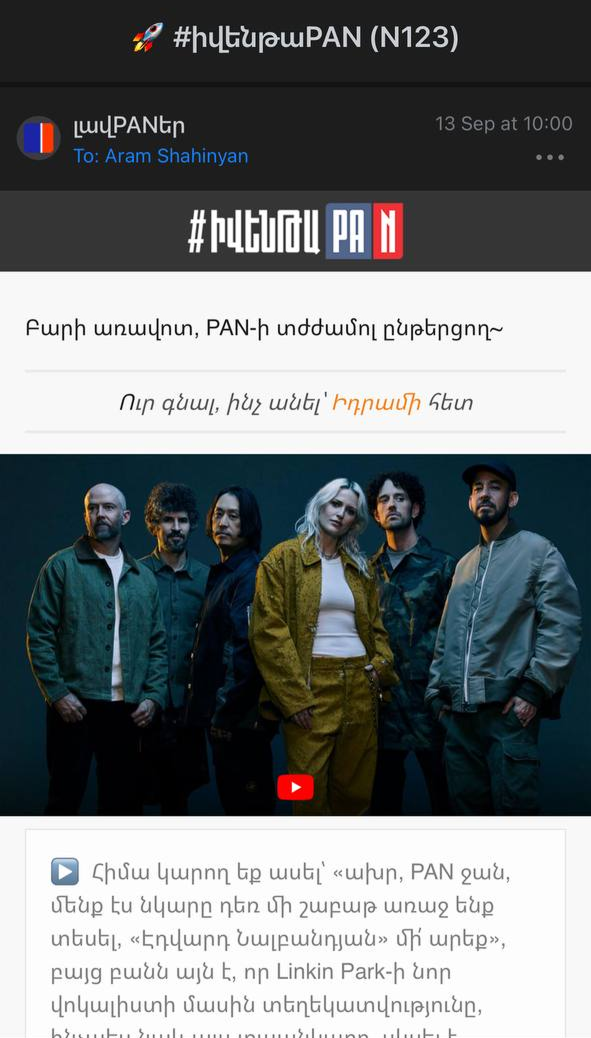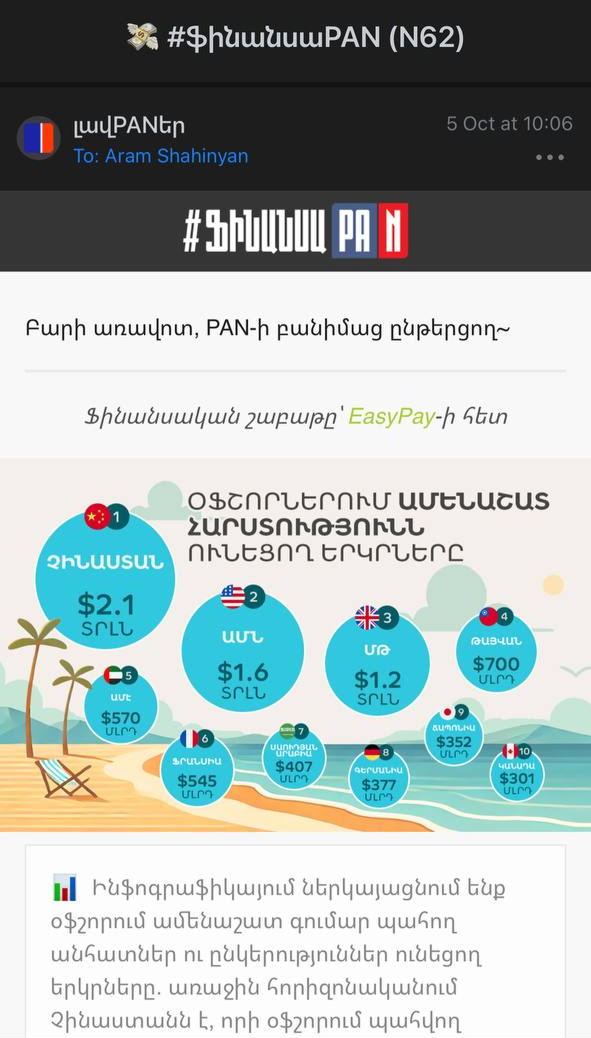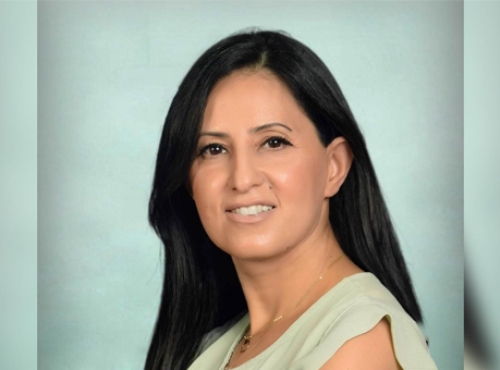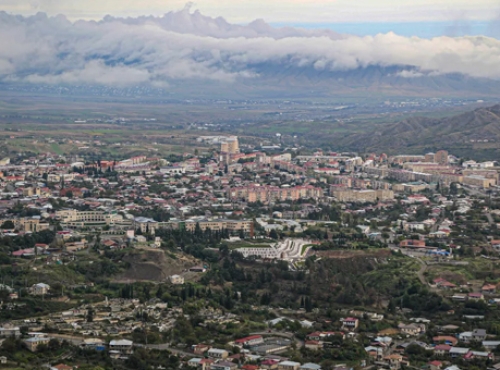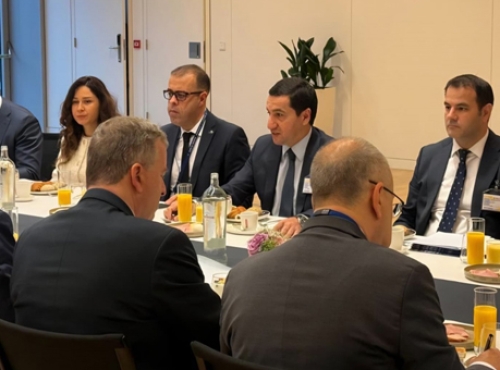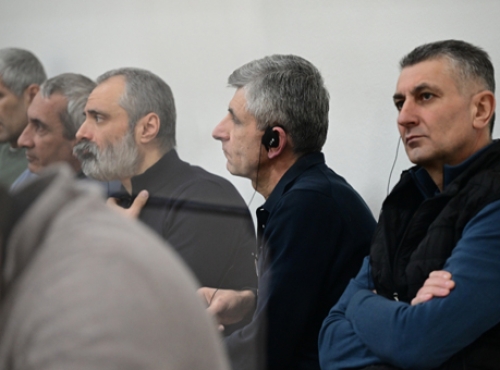Syria's new authorities have decided to dissolve the country’s parliament and draft a new constitution, Armenian MP in Syria Maria Gabrielian announced.
She noted that once the new constitution is drafted and approved via referendum, parliamentary elections will be held. According to estimates, this process could take 3-4 years, Armenpress reports.
"Yes, a decision has been made to dissolve the parliament, which also affects the previous constitution that was in effect under Syria’s former government. A constitutional drafting body is expected to be formed in the coming days. Much is anticipated from the national dialogue conference, where discussions on the country's governance system, leadership model, and state structure will likely take place," she said.
Gabrielian explained that in the absence of a parliament, MPs would also cease to serve.
"Syria is experiencing significant daily developments, and its governance system is gradually taking shape. One of the most notable aspects is the surge in foreign relations, with both Syrian officials traveling abroad and representatives from Western, Eastern, and Arab countries, as well as international organizations, visiting Syria," she stated.
Regarding the internal situation, she acknowledged that while security remains a major issue, incidents of kidnapping, robbery, and murder have decreased.
She also described the country’s socio-economic conditions as unstable, citing ongoing problems with electricity and water supply.
"However, fuel, gasoline, and gas are now available at any time. The prices of fuel and gasoline have decreased, while gas prices have risen. The cost of goods and food has slightly declined because the Syrian pound has regained some value against the US dollar. However, economists warn that this improvement is misleading, as no significant changes have occurred in the import-export sector," she noted.
Several countries have expressed willingness to support Syria, but their assistance depends on the government fulfilling its commitments, Gabrielian added.
She also mentioned that preparations are underway for a national dialogue conference, with the preparatory committee recently meeting with Syria’s president. A new government is expected to be formed soon.
"Government representatives have repeatedly stated that appointments will be based on competence rather than affiliation," she said.
Speaking about the Armenian community, Gabrielian noted that life is returning to normal.
"All Armenian schools continue their lessons as usual, with Armenian language and Christian education courses ongoing. Community organizations have resumed their activities, as have arts schools and academies," she said.
She also highlighted that for over a month, night patrols have been conducted in Aleppo, with Armenian youth ensuring security from midnight until morning.
Regarding Syria’s political situation, she emphasized that minority rights remain unchanged.
"There is no interference in schools, places of worship, or personal matters. A positive development is the reform of official attitudes in state institutions, where applicants are now treated with greater respect and corruption has visibly decreased," she concluded, adding that Syria’s government institutions are gradually reopening and resuming operations.
*On January 30, it was announced that Syrian rebel leader Ahmed al-Sharaa had been appointed Syria’s interim president during the "transitional government" period.
Al-Sharaa, also known as Mohammad al-Joulani, leads the Islamist group Hayat Tahrir al-Sham, which is designated as a terrorist organization by the US, several Western countries, and Russia. He led the armed uprising against Bashar al-Assad’s regime in late November and early December 2024, resulting in Assad’s overthrow. Assad fled to Moscow, and al-Sharaa became the de facto leader of the country.*










